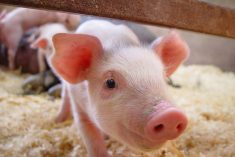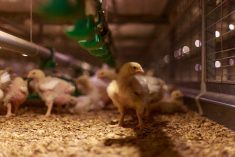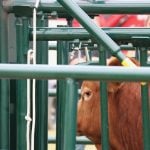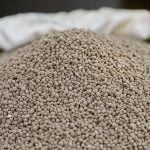U.S. federal officials don’t see a way their mandatory country-of-origin labelling (COOL) legislation can do what it was designed to do and satisfy global trade rules at the same time.
U.S. Agriculture Secretary Tom Vilsack, speaking Monday on a U.S. Department of Agriculture podcast, said officials “do not think that there is a regulatory fix” for COOL that would remain “consistent with the law, which I’ve sworn to uphold” and to satisfy the World Trade Organization.
A WTO compliance panel last month publicly panned Vilsack’s changes to COOL following challenges by Canada and Mexico against his final rule. [Related story]
Read Also
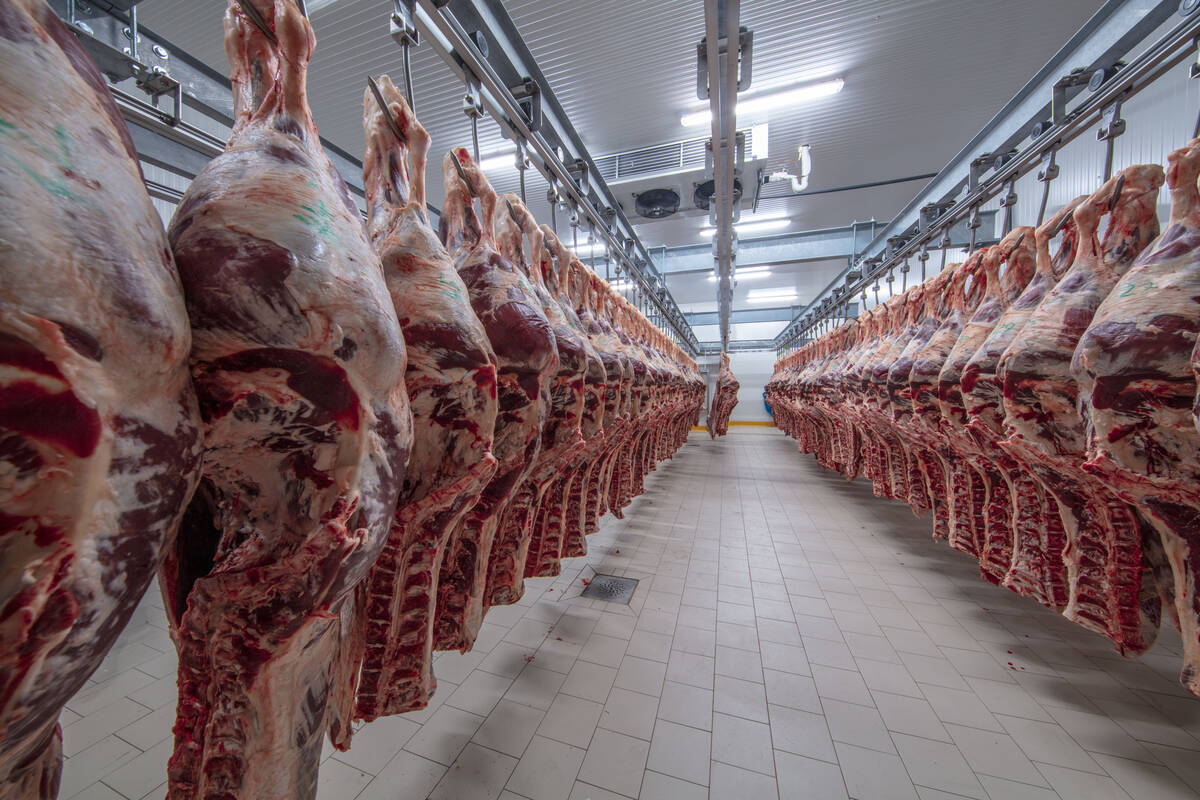
U.S. livestock: Feeder contracts surge, hogs rise
Chicago feeder cattle contracts surged on Thursday. Live cattle and lean hogs also made healthy gains. Most-active April live cattle…
The panel found that where COOL “accords imported Canadian livestock treatment less favourable than that accorded to like domestic livestock,” Vilsack’s revision last year “increases the original COOL measure’s detrimental impact on the competitive opportunities of imported Canadian livestock.”
The panel has recommended the WTO’s Dispute Settlement Body (DSB) formally ask the U.S. government to bring the inconsistent measure “into conformity with its (trade) obligations.”
The U.S. Trade Representative’s office is still “studying the potential to appeal” the compliance panel ruling, USDA said Monday.
However, Vilsack said on Monday’s USDA Daily Radio Newsline, “our Canadian and Mexican friends have to tell us, more clearly and more specifically, what, if any, variation of (COOL) will work for them.”
That, he said, or the U.S. Congress “has to give (USDA) different directions that would allow us to comport with the WTO ruling to prevent whatever potential retaliation may occur now.”
The compliance panel was convened last year to rule on whether the U.S. final COOL law meets the U.S. government’s WTO obligations, in the wake of previous rulings by the WTO DSB and Appellate Body against the earlier version of the COOL rule.
Passed by the U.S. government in 2008 and implemented in 2009, COOL legislation requires country-of-origin labelling for beef, pork, lamb, chicken and goat meat, and certain perishable commodities sold at retail outlets in the U.S.
The U.S. Department of Agriculture’s revisions in 2013, in the wake of the Appellate Body ruling, tightened COOL’s labeling provisions for muscle cuts of meat. COOL now requires covered products’ labels to include even more specific information about where each production step (birth, raising, slaughter) took place.
Barring a U.S. appeal against the compliance panel’s ruling, Canada and Mexico are both now calling for Washington to scrap COOL, on pain of retaliatory tariffs against a range of U.S.-made ag commodities and other goods.
Canada last summer made out a shortlist of proposed retaliatory tariffs, targeting U.S. live cattle and hogs and fresh and frozen beef and pork products as well as U.S. cereal, bread, pasta, frozen potatoes, frozen orange juice, wine, cheese, cocoa, apples, cherries, fowl, maple syrup, ketchup, sugars, glucose and fructose and some other food- and non-food-related wares. — AGCanada.com Network





